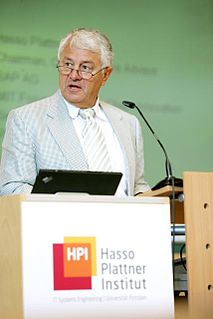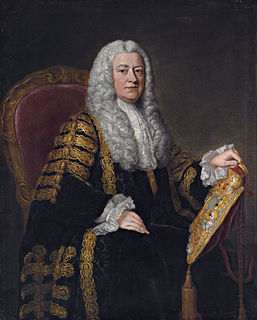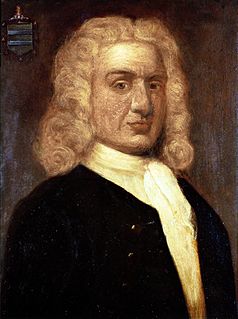A Quote by Charles Evans Hughes
When we deal with questions relating to principles of law and their applications, we do not suddenly rise into a stratosphere of icy certainty.
Quote Topics
Related Quotes
Politics have always covered two distinct kinds of problems: problems of administrative routine, and those that may be called 'questions of the moment.' A question of the moment is, indeed, a substitute for some notion, such as the idea of God, or hereditary monarchy, or national glory, that has hitherto acted as a symbol of human co-ordination. It provides no new positive certainty to replace the discredited certainty, but is what the name implies: the raising of a question which the old certainty no longer answers.
And why do we reduce the beauty of relating to relationship? Why are we in such a hurry? - because to relate is insecure, and relationship is a security, relationship has a certainty. Relating is just a meeting of two strangers, maybe just an overnight stay and in the morning we say good-bye. Who knows what is going to happen tomorrow? And we are so afraid that we want to make it certain, we want to make it predictable. We would like tomorrow to be according to our ideas; we don't allow it freedom to have its own say. So we immediately reduce every verb to a noun.
For as long as I can remember, I have been inspired by the achievement of our founding fathers. They set forth principles that have endured for than more two centuries. Those principles are as meaningful and relevant in each generation as the generation before. It would be a profound privilege for me to play a role in applying those principles to the questions and controversies we face today.
The cool thing about Watchmen is it has this really complicated question that it asks, which is: who polices the police or who governs the government? Who does God pray to? Those are pretty deep questions but also pretty fun questions. Kind of exciting. It tries to subvert the superhero genre by giving you these big questions, moral questions. Why do you think you're on a fun ride? Suddenly you're like how am I supposed to feel about that?

































